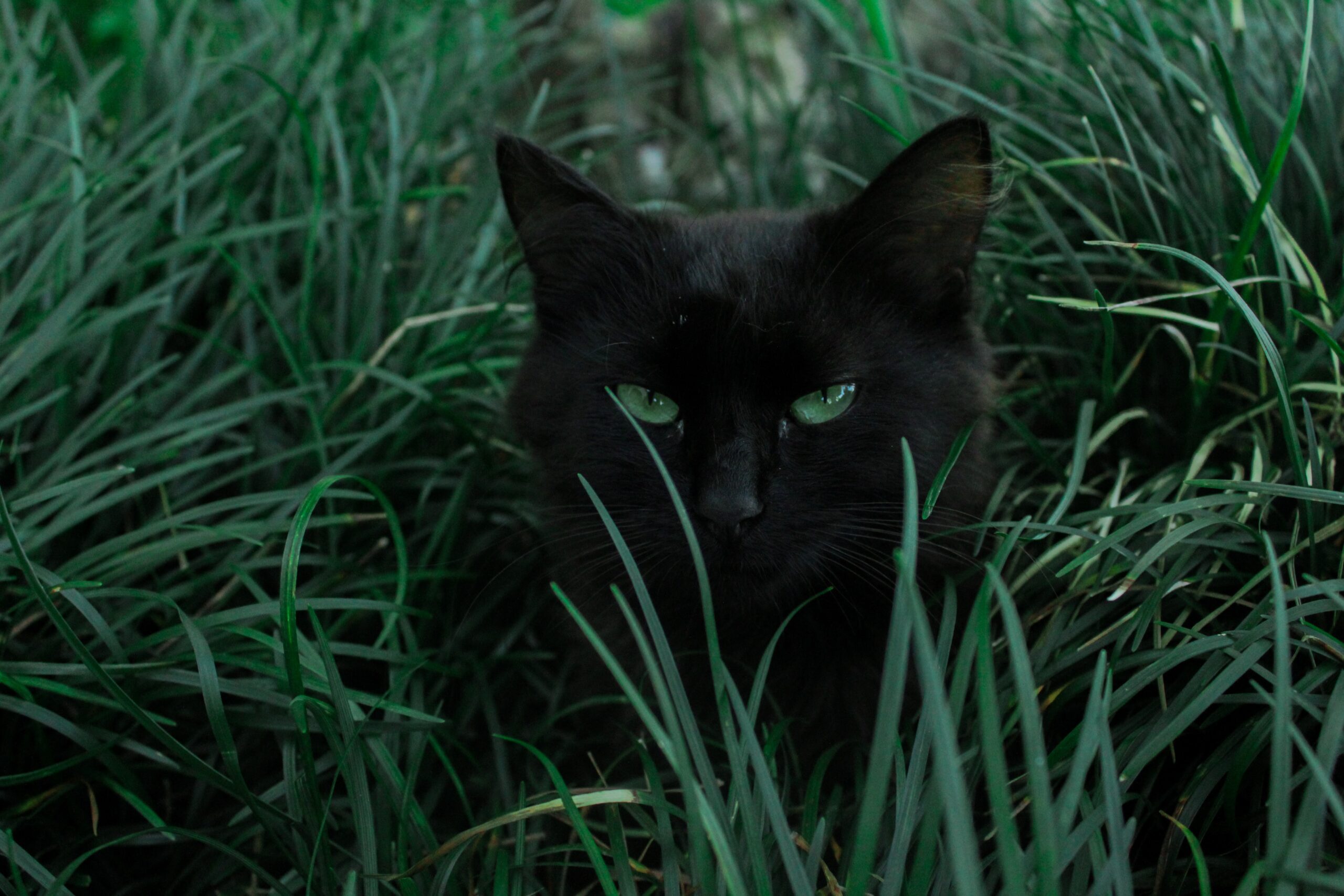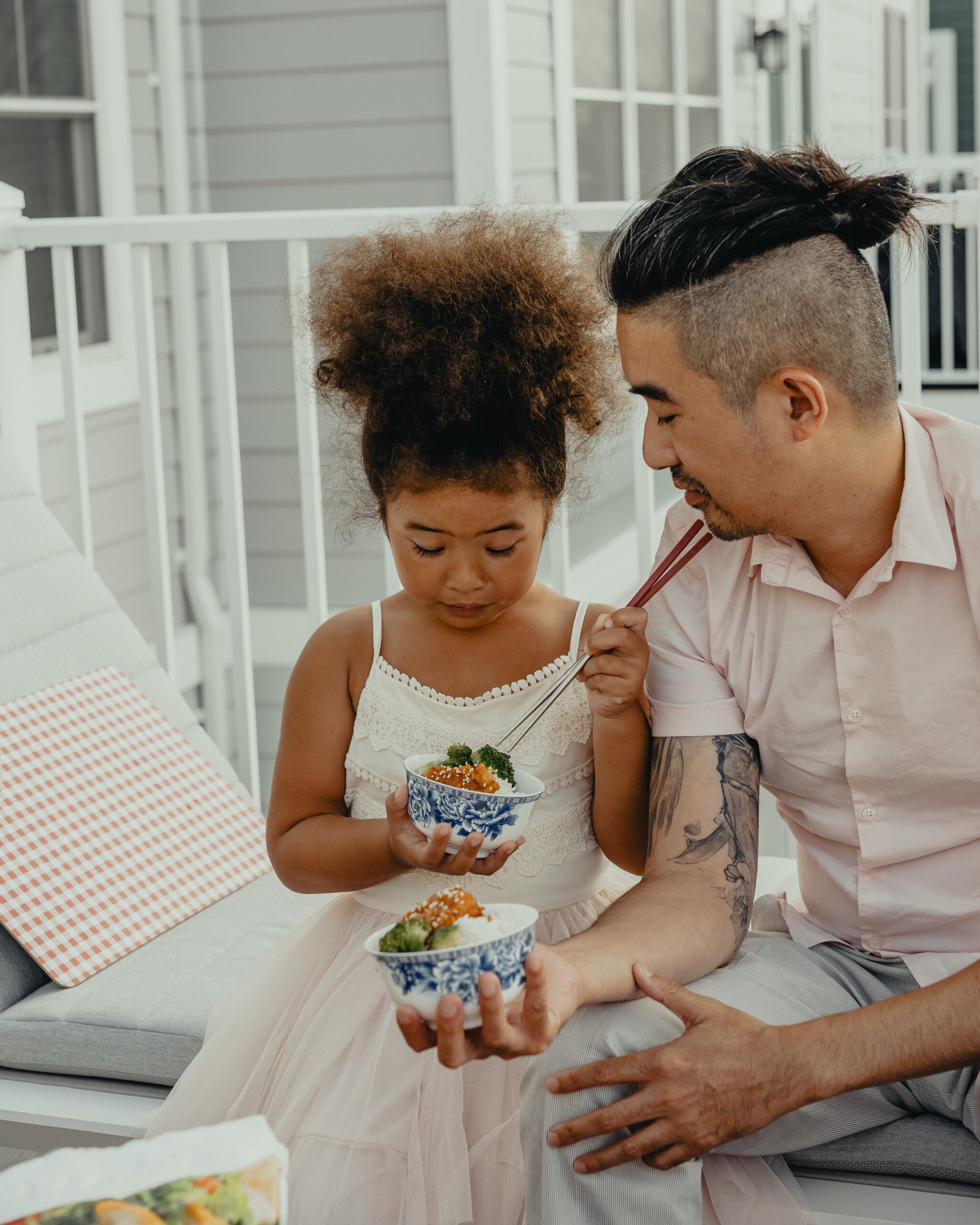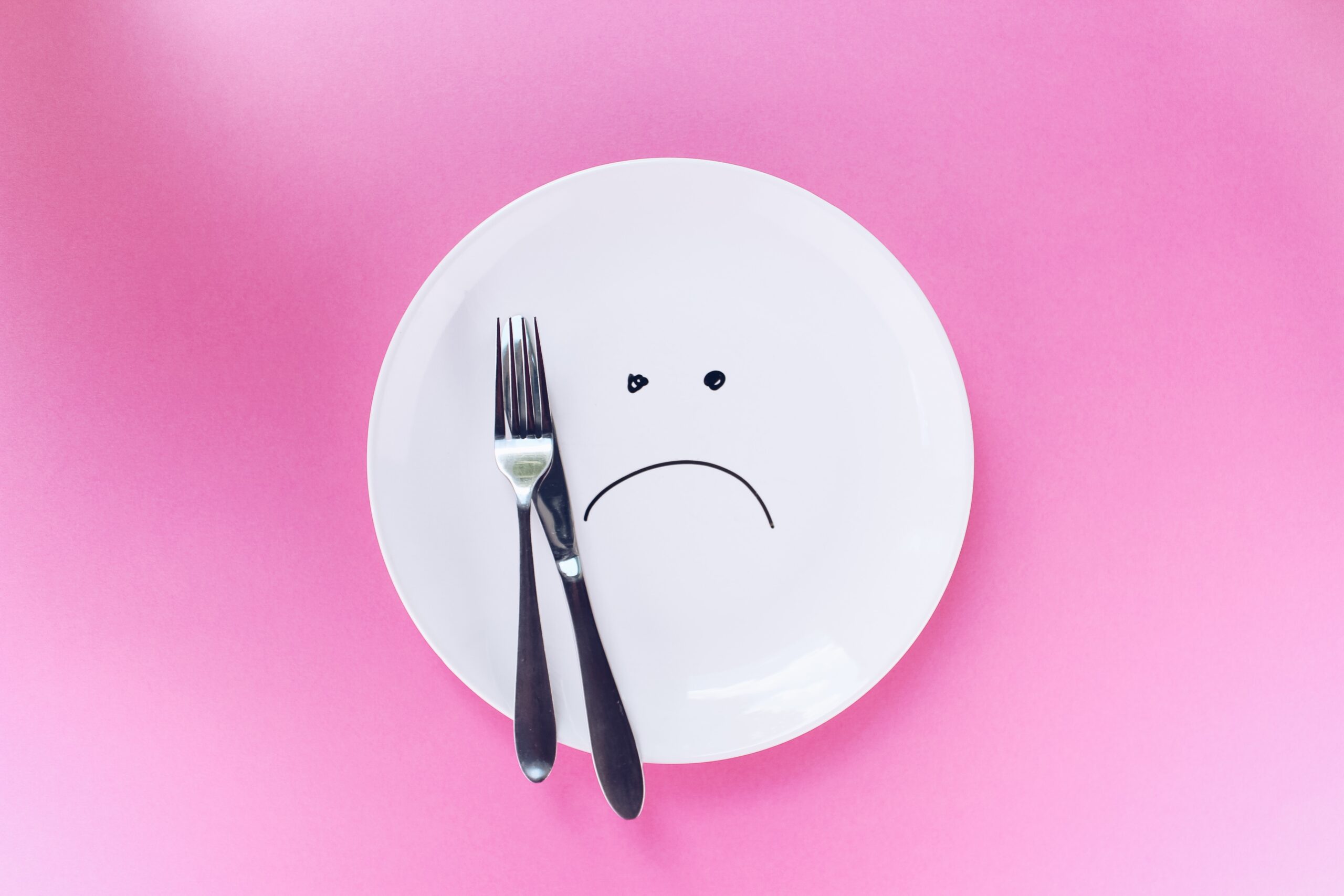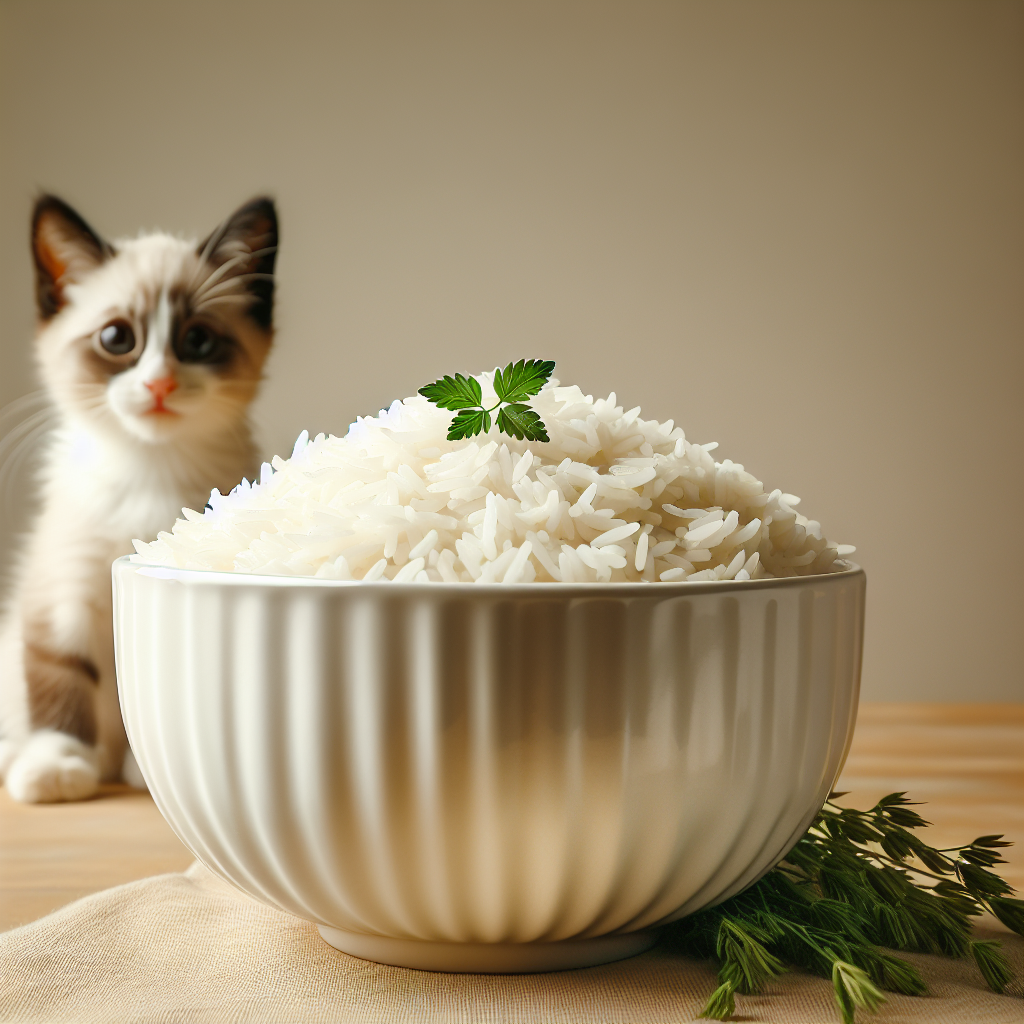Hey there cat owners! Have you ever wondered whether it’s safe for your furry friend to enjoy a bowl of rice? Well, we’ve got the scoop for you. In this article, we’ll explore the topic of whether cats can eat rice. While rice may seem like a harmless and common food, it’s essential to know how it can affect your cat’s health. So, let’s dive right in and find out if rice is a purr-fect addition to your feline’s diet or something to avoid.
Can Cats Eat Rice
The Basics of a Cat’s Diet
As a cat owner, you’re responsible for ensuring that your feline friend gets the proper nutrition to thrive. Cats are obligate carnivores, meaning their bodies are designed to primarily consume meat. In the wild, cats would rely on hunting and consuming prey to fulfill their nutritional needs. However, in a domestic setting, it’s essential to provide a balanced diet that meets their unique requirements.
The Nutritional Needs of Cats
Cats have specific nutritional needs that must be met to maintain their overall health. They require a diet rich in protein, fats, and a few essential vitamins and minerals. Protein is a crucial component of their diet as it supports their muscle development and provides them with energy. Fats play a role in maintaining healthy skin and coat, as well as aiding in the absorption of fat-soluble vitamins. Additionally, cats require certain amino acids, including taurine and arginine, which are only found in animal tissues.
Rice as a Source of Carbohydrates
Rice, as a grain, is commonly consumed by humans and is often used as a carbohydrate source in various cuisines. While a cat’s digestive system is not designed to process large amounts of carbohydrates, small quantities can be included in their diet. Rice can serve as a source of energy, providing cats with readily available glucose. It also contains trace amounts of vitamins and minerals that may contribute to their overall nutrition.
Cooked Rice vs. Raw Rice
When it comes to feeding rice to cats, it’s essential to cook it thoroughly. Raw rice can be challenging for cats to digest, leading to potential digestive issues such as discomfort, bloating, or even obstructions. Cooking rice breaks down the starches, making it easier for your cat to process. It’s best to stick with plain white or brown rice, as flavored or seasoned rice may contain additives that could be harmful to cats.
Health Benefits of Rice for Cats
Including small amounts of cooked rice in your cat’s diet may provide some health benefits. As cats are prone to hairballs, the fibrous nature of rice can aid in improving their digestion and reducing hairball formation. Additionally, rice can supplement their caloric intake, especially for cats who are picky eaters or have a decreased appetite due to illness or stress. However, it’s worth noting that rice should not replace a balanced feline diet but rather act as a supplementary source of carbohydrates.

This image is property of images.unsplash.com.
Potential Risks and Considerations
Allergies and Sensitivities
Just like humans, cats can develop allergies or sensitivities to certain foods, including rice. If you observe any unusual symptoms in your cat after introducing rice into their diet, such as vomiting, diarrhea, or skin irritations, it’s essential to consult with your veterinarian. They can help determine whether your cat is experiencing an allergic reaction or if there may be other underlying issues causing these symptoms.
Digestive Issues
While rice can be easily digestible for many cats, some may experience digestive issues when consuming it. These issues can include gas, bloating, or even constipation. If your cat shows signs of discomfort or digestive distress after eating rice, it may be best to eliminate it from their diet and consult with your veterinarian for alternative options.
Nutritional Imbalance
As mentioned earlier, cats have specific nutritional requirements that must be met for optimal health. If a significant portion of their diet consists of rice or other carbohydrates, it can lead to a nutritional imbalance. Cats require a higher amount of protein, and their bodies are not designed to efficiently process large amounts of carbohydrates. Therefore, it’s essential to ensure that their diet consists primarily of high-quality protein sources to meet their nutritional needs.
Impact on Blood Sugar Levels
Cats have different glucose metabolism compared to humans and other animals. While small quantities of rice may not significantly impact their blood sugar levels, consuming large amounts of carbohydrates, including rice, can lead to fluctuations in their glucose levels. This can be a concern, especially for cats with pre-existing health conditions such as diabetes. It’s crucial to monitor your cat’s blood sugar levels if you decide to incorporate rice or any other carbohydrates into their diet.
Risks of Uncooked Rice
Feeding your cat uncooked rice can be hazardous. Uncooked rice can absorb moisture, expanding inside your cat’s digestive system and potentially causing obstructions. The expansion of uncooked rice can lead to discomfort, pain, and even life-threatening situations that may require surgical intervention. It’s important always to cook rice thoroughly before offering it to your cat to avoid any potential risks.
Fungal Contamination
Another concern when feeding rice to cats is the risk of fungal contamination, particularly with uncooked rice. Certain molds and fungi can grow on rice, producing harmful toxins. When ingested by cats, these toxins can cause serious health issues, including liver damage or failure. By thoroughly cooking rice, you significantly reduce the risk of fungal contamination, making it safer for your cat to consume.

This image is property of images.unsplash.com.
How to Introduce Rice to Cats
Consulting with a Veterinarian
Before introducing any new food, including rice, into your cat’s diet, it’s advisable to consult with your veterinarian. They will be able to assess your cat’s current health status, dietary needs, and any potential risks or considerations specific to your cat’s individual circumstances. Your veterinarian can provide personalized guidance on how to safely incorporate rice into your cat’s diet, if appropriate.
Cooking and Preparing Rice
When preparing rice for your cat, it’s important to cook it thoroughly. Rinse the rice before cooking to remove any impurities or debris. Boil the rice in water until it is fully cooked and soft. Avoid adding any flavors, spices, or additives that may be harmful to your cat. Once cooked, let the rice cool down before serving it to your feline friend. Make sure to store any leftovers properly to prevent spoilage or bacterial growth.
Incorporating Rice into Cat Food
To introduce rice into your cat’s diet, start by adding small amounts to their regular cat food. Mix in a teaspoon or two of cooked rice and observe your cat’s reaction. If they seem to tolerate it well and have no adverse effects, you can gradually increase the amount over time. It’s essential to continue monitoring your cat’s overall health, digestion, and any changes in their behavior or appetite during this transitioning phase.
Monitoring Your Cat’s Reaction
When introducing any new food into your cat’s diet, it’s crucial to monitor their reaction closely. Keep an eye out for any digestive issues, allergic reactions, or changes in their behavior. If you notice any negative effects, discontinue feeding rice to your cat and seek advice from your veterinarian. Each cat is unique, and their tolerance and preferences can vary, so always pay attention to any signs that may indicate rice is not suitable for your feline companion.

This image is property of images.unsplash.com.
Alternatives to Rice for Cats
Other Grains
If you’re considering alternative sources of carbohydrates for your cat, several other grains can be included in their diet. These grains include quinoa, oats, and barley. As with rice, it’s important to follow the same cooking and preparation guidelines to ensure it’s easily digestible for your cat. Before incorporating any grains into your cat’s diet, consult with your veterinarian to ensure it aligns with their nutritional needs.
Protein Sources
Since cats are obligate carnivores, their primary source of nutrition should be high-quality animal proteins. If you’re looking to increase your cat’s caloric intake or provide additional nutrients, opt for lean meats such as chicken, turkey, or fish. Cooked and finely chopped meats can be mixed with their regular cat food or served as special treats. Remember to remove any bones, skin, or seasonings that may be harmful to cats.
Vegetables and Fruits
While cats are primarily meat-eaters, some vegetables and fruits can be safely added to their diet in small amounts. Cooked and pureed vegetables, such as pumpkin or sweet potatoes, can provide additional fiber and nutrients to their meals. However, it’s important to avoid toxic fruits and vegetables, such as onions, garlic, grapes, or raisins, as these can be harmful to cats. Always research safe options and consult with your veterinarian before introducing any new food to your cat’s diet.

Conclusion
Ultimately, the question of whether cats can eat rice comes down to individual variation and specific dietary needs. While rice can provide some health benefits and serve as a source of carbohydrates, it should never replace the essential components of a cat’s diet, such as protein and animal-based nutrients. Consulting with your veterinarian is crucial when considering any dietary changes for your cat, including the addition of rice or any other food. By working together with your veterinarian, you can ensure that your cat’s nutritional needs are met and that they remain healthy and happy throughout their lives.
Individual Variations
It’s important to recognize that each cat is unique and may have individual variations in their dietary needs and tolerances. What works for one cat may not work for another, so it’s crucial to observe your cat’s reaction, monitor their health, and consult with your veterinarian for personalized advice.
Final Thoughts
While rice can be a safe and beneficial addition to your cat’s diet in small amounts, it should be used with caution and in moderation. Always prioritize your cat’s health and well-being by providing them with a balanced and nutritionally adequate diet. Remember to consult with your veterinarian for guidance on the best approach to meet your cat’s specific nutritional needs.


